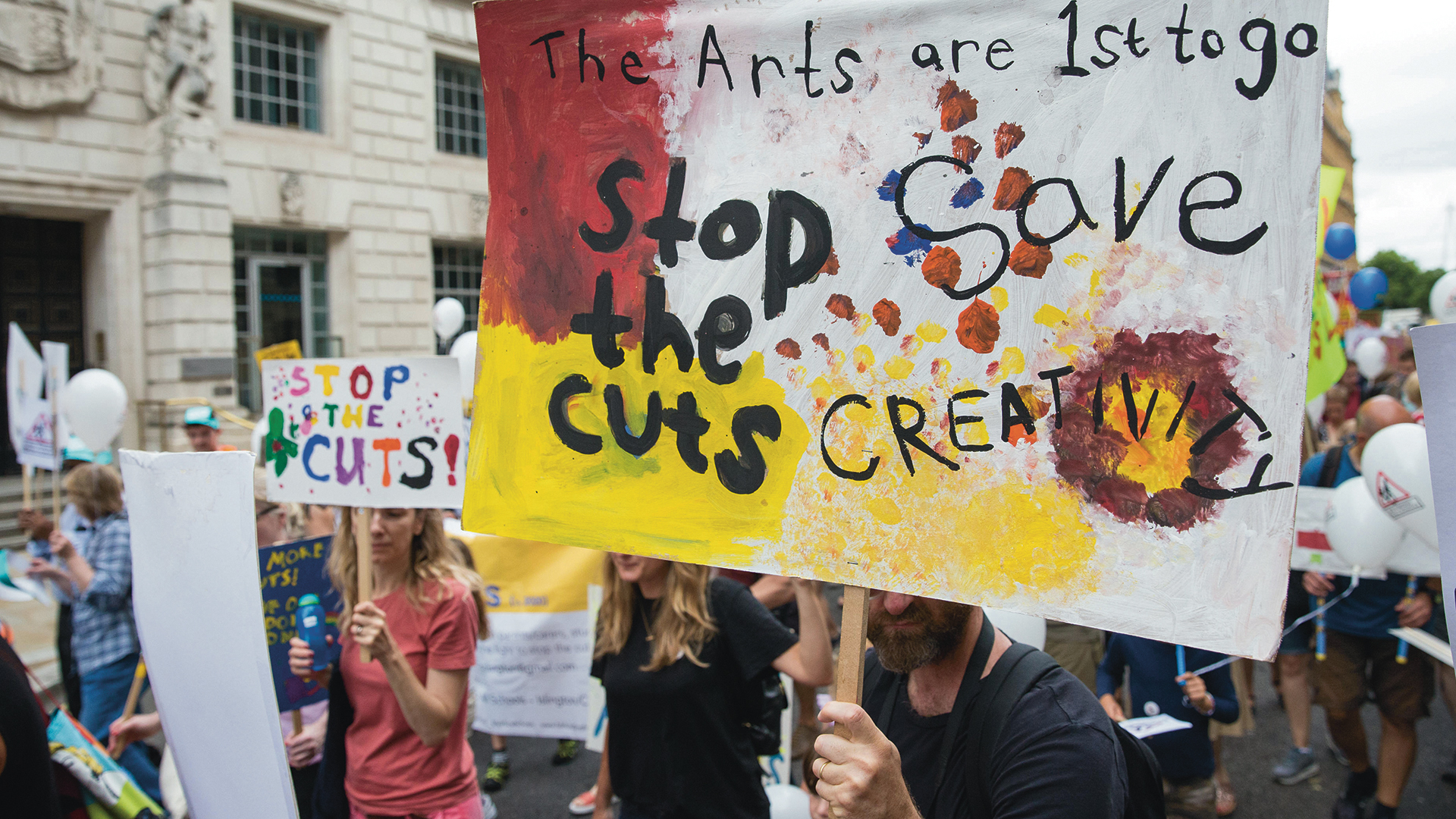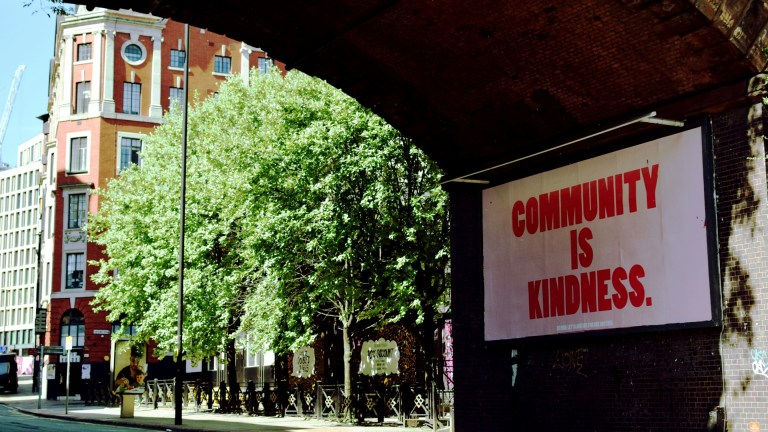When children attend school, it should be for their own personal and social development – for now as well as for the future. The arts should present an opportunity to find out for themselves what makes them tick. A place where there is no right or wrong, and where you don’t get measured. A safe haven where you can express yourself and communicate when language fails.
The very word education comes from the Latin educere, to lead. The arts are uniquely placed to help student and teacher discover what is inside you and help you express it.
Many years ago, the brother of Mandy, one of my Music GCSE students, was run over and killed. Mandy was in limbo, at a loss. I suggested she wrote a poem to her brother and set it to music; I had to talk her into doing this. In the end Mandy wrote a moving song, and her friends were able to support her musically, but she wouldn’t let me enter it for the exam. She said it wouldn’t be right. I could have sneaked it into her coursework; she would never have known, but I honoured her decision and for those few weeks, music helped her with her grief. She didn’t need to be marked on it. She didn’t end up with a good grade, but that wasn’t the point.
The arts are our culture, the things we access for pleasure, and enrich our lives. And that can be graffiti art, street dance, opera or mime. But how do we know which arts will give us pleasure unless we are exposed to them by skilled and experienced teachers? When we watch a play, listen to music, or contemplate a statue, it is with a deeper enjoyment when we have tried it out for ourselves at school, and have an understanding of how it is created.
The arts in schools are especially important for children living in poverty because they have fewer opportunities in general. Schools can and should bring students from different backgrounds and social classes into the same space. They bring different experiences, and these should inform and enrich each other’s lives.
The arts also works wonders for children with different abilities and disabilities; those who are differently wired; and those with mental health issues. They are the school subjects where they can succeed and flourish, where they are not in competition with anyone except themselves. Where they can present themselves as they are.
Sam was diagnosed with DCD [dyspraxia], socially awkward and bullied at school. In Year 9 he moved to another school where the staff were supportive and understanding, recognised his talent for drawing and art generally, and now he is at university studying art. But his parents paid out money they didn’t really have to get extra tuition in Maths to pass that exam (that he will never need) in order to get to uni.
Lastly, and perhaps most obviously, for some students the arts may provide them with a living – as musicians, sound engineers, stage managers, artists, dancers. Still, I must emphasise that sport or maths are not taught at schools because some “talented” individuals might go on to be professional footballers or mathematicians, and the same thinking should apply to the arts. The arts are for everyone, whether we are practitioner or informed audience. They save and enrich our lives and should be funded accordingly.
Victoria Jaquiss is a former teacher, bandleader and education campaigner
This article is part of an art special edition of The Big Issue, curated by My Dog Sighs and featuring his exclusive artwork on the cover. It is on the streets from 10 July. Find your local vendor here. Throughout the week we will be sharing more stories from creatives, explorers and activists who are reclaiming the lost. Read those stories here.
This article is taken from The Big Issue magazine, which exists to give homeless, long-term unemployed and marginalised people the opportunity to earn an income.To support our work buy a copy!
If you cannot reach your local vendor, you can still click HERE to subscribe to The Big Issue today or give a gift subscription to a friend or family member. You can also purchase one-off issues from The Big Issue Shop or The Big Issue app, available now from the App Store or Google Play.










